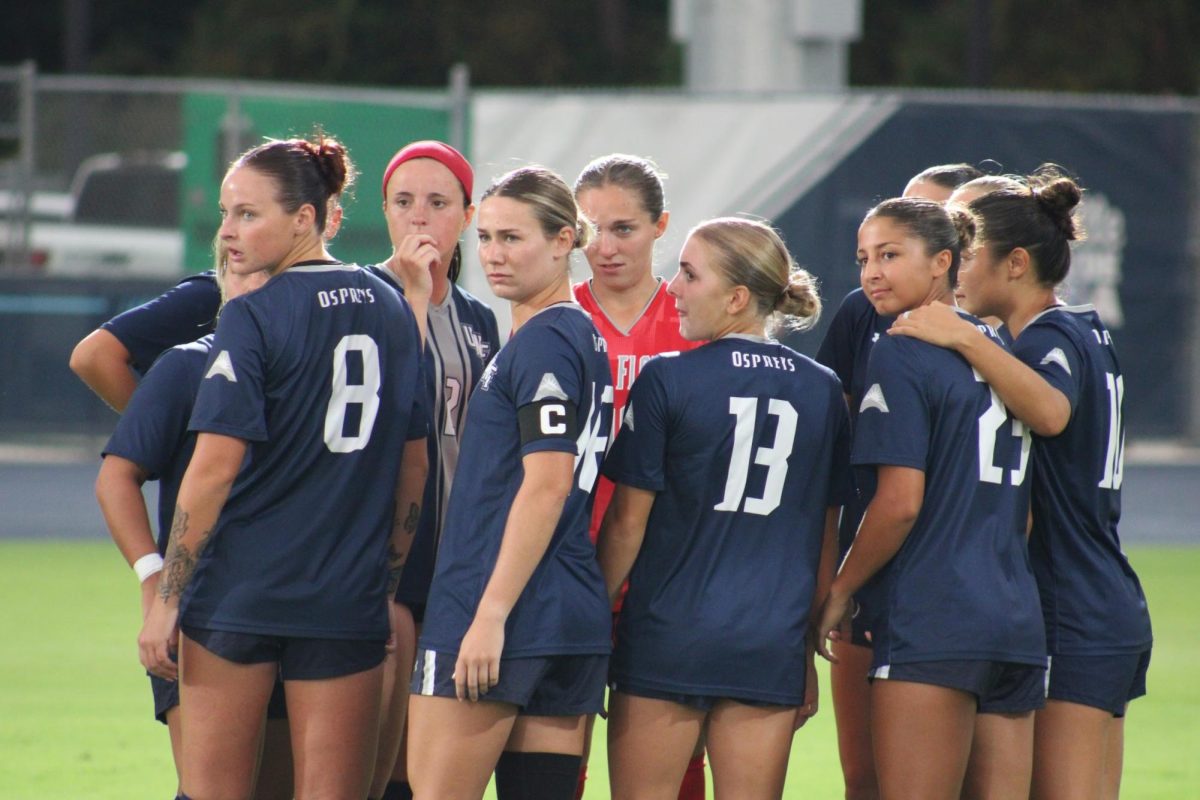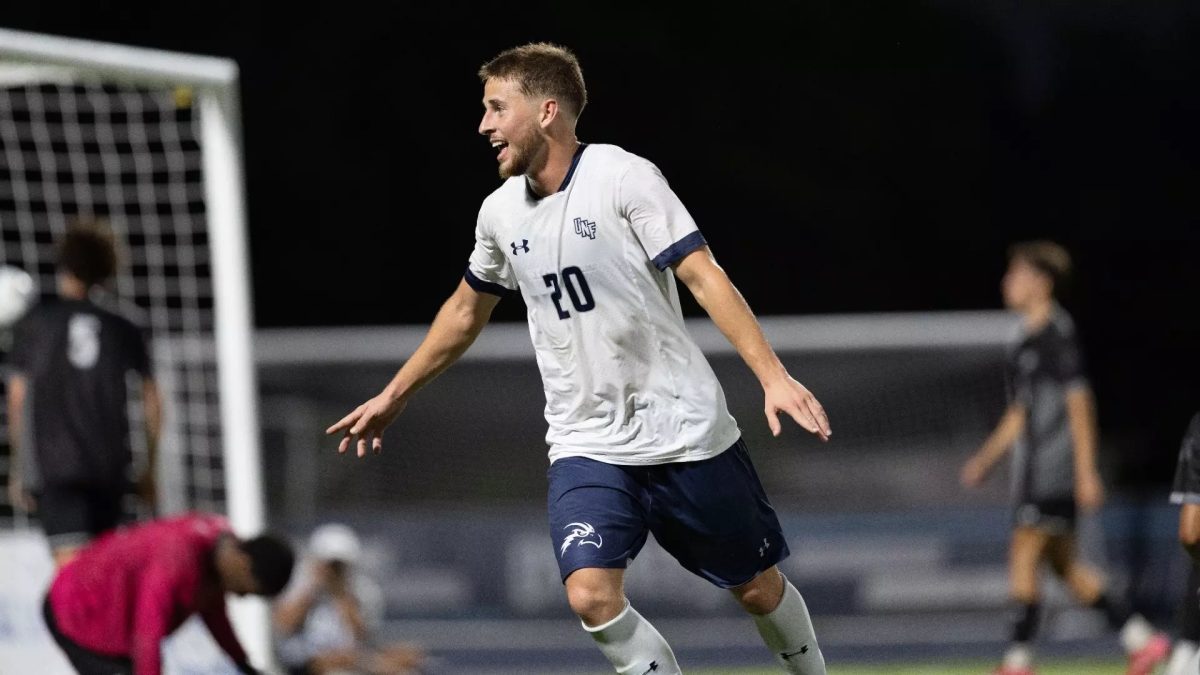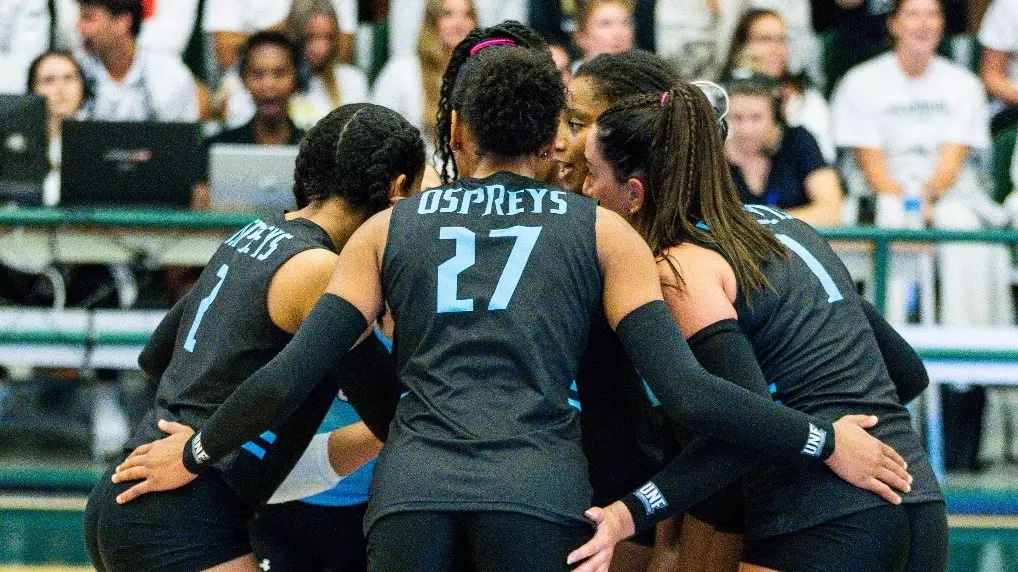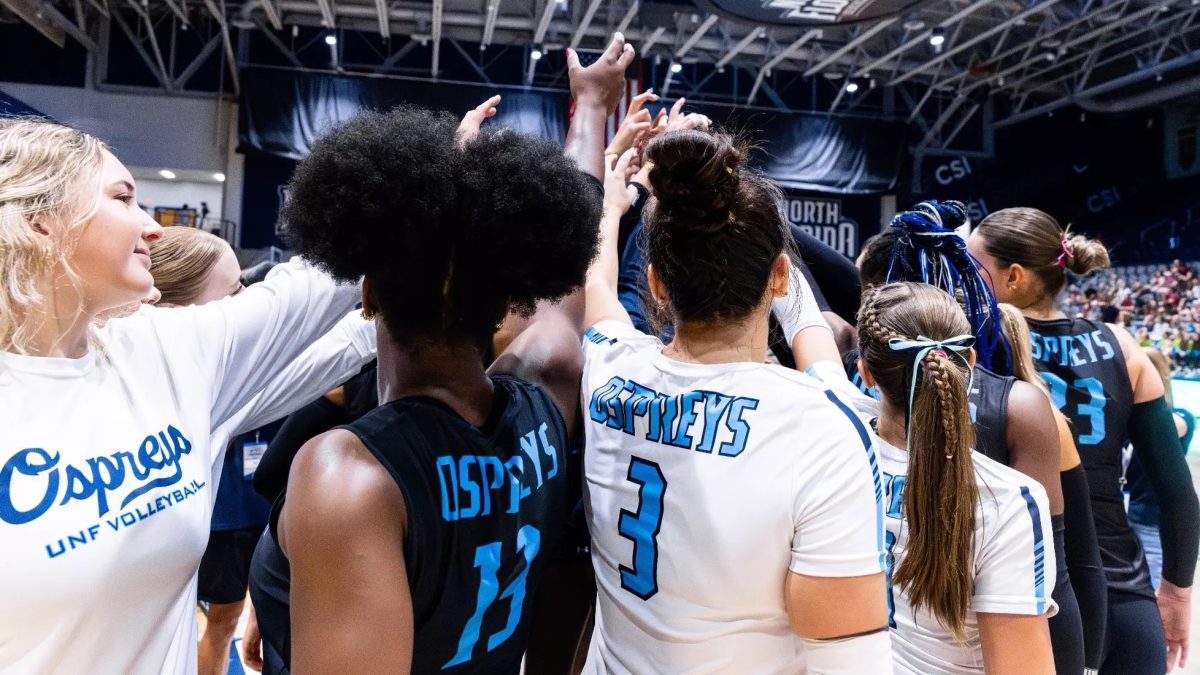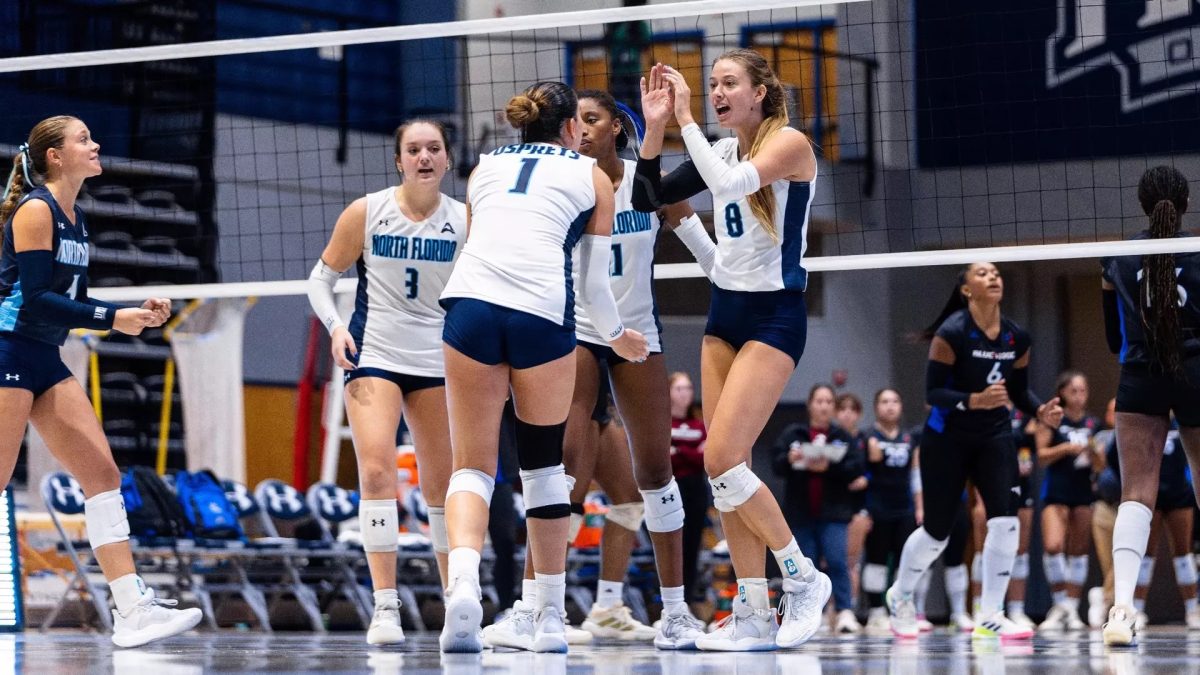“We had below a 925 and had to comply with the NCAA, but we don’t have any penalties yet,” Athletic Director Lee Moon said. “We presented our improvement plan and we seem to be improving.”
The NCAA’s Academic Performance Program releases an annual Academic Progress Rate for schools who don’t score above 900 points.
UNF’s men’s soccer program was having similar problems before Moon arrived. There are multiple reasons for having a poor APR score, however. Each student-athlete acquires a certain number of points based on their academics, but when that student-athlete drops out their senior year, or decides to go professional, the program loses the points for that student-athlete.
Problems like this occurred at UNF, but the athletics department did not address the problem of poor academics and low APR points before Moon arrived at UNF, which created a snowball effect.
“We are working on better academic controls, as well as academics with transferring students,” Moon said. “We are cutting back on the risks we are taking with transfer students and their grades.”
How other teams scored
Only Portland State men’s basketball received the postseason ban. Some other notable programs which received penalties were Auburn men’s indoor/outdoor track; FAU football; FIU baseball, men’s soccer, men’s indoor/outdoor track, women’s cross country, women’s indoor/outdoor track; and Syracuse basketball, among others.
The waivers can be granted if the program meets NCAA requirements. However, it takes more than just a written statement. Presidential involvement, along with athletic administrators and proof of academic resources are needed to waive the penalties.
Academic progress must also be demonstrated in future years to defend the program from any more penalties.
Joseph Hellriegel, Assistant Sports Editor





